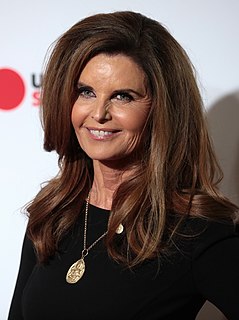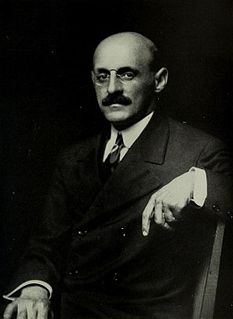A Quote by Tim O'Brien
It was my view then, and still is, that you don't make war without knowing why. Knowledge of course, is always imperfect, but it seemed to me that when a nation goes to war it must have reasonable confidence in the justice and imperative of its cause. You can't fix your mistakes. Once people are dead, you can't make them undead.
Related Quotes
Now that I've seen what war is, what civil war is, I know that everybody, if one day it should end, ought to ask himself: "And what shall we make of the fallen? Why are they dead?" I wouldn't know what to say. Not now, at any rate. Nor does it seem to me that the others know. Perhaps only dead know, and only for them is the war really over.
Once the war began, the government could do anything 'necessary' to win it; so it was with the 'final solution of the Jewish problem,' which the Nazis always talked about but never dared undertake, not even the Nazis, until war and its 'necessities' gave them the knowledge that they could get away with it. The people abroad who thought that war against Hitler would help the Jews were wrong. And the people in Germany who, once the war had begun, still thought of complaining, protesting, resisting, were betting on Germany's losing the war. It was a long bet. Not many made it.
If an American is concerned only about his nation, he will not be concerned about the peoples of Asia, Africa, or South America. Is this not why nations engage in the madness of war without the slightest sense of penitence? Is this not why the murder of a citizen of your own nation is a crime, but the murder of citizens of another nation in war is an act of heroic virtue?
Someone once told me not to be afraid of being afraid, because, as she said, 'Anxiety is a glimpse of your own daring.' Isn't that great? It means that part of your agitation is just excitement about what you're getting ready to accomplish. Don't sell yourself short by being so afraid of failure that you don't dare to make any mistakes. Make your mistakes and learn from them. And remember: No matter how many mistakes you make, your mother always loves you!
Be proud of your mistakes. Well, proud may not be exactly the right word, but respect them, treasure them, be kind to them, learn from them. And, more than that, and more important than that, make them. Make mistakes. Make great mistakes, make wonderful mistakes, make glorious mistakes. Better to make a hundred mistakes than to stare at a blank piece of paper too scared to do anything wrong.
To have security against atomic bombs and against the other biological weapons, we have to prevent war, for if we cannot prevent war every nation will use every means that is at their disposal; and in spite of all promises they make, they will do it. At the same time, so long as war is not prevented, all the governments of the nations have to prepare for war, and if you have to prepare for war, then you are in a state where you cannot abolish war.
Kind-hearted people might of course think there was some ingenious way to disarm or defeat an enemy without too much bloodshed, and might imagine this is the true goal of the art of war. Pleasant as it sounds; it is a fallacy that must be exposed: War is such a dangerous business that the mistakes which come from kindness are the very worst.
Elric knew that everything that existed had its opposite. In danger he might find peace. And yet, of course, in peace there was danger. Being an imperfect creature in an imperfect world he would always know paradox. And that was why in paradox there was always a kind of truth. That was why philosophers and soothsayers flourished. In a perfect world there would be no place for them. In an imperfect world the mysteries were always without solution and that was why there was always a great choice of solutions.
I don't know why in this country we coddle corporate criminals, war criminals, and racists. People walk on eggshells around them, and yet they will say a word like "liberal" as if it's pejorative. Or somebody who wants unions or reproductive justice, they will treat them like there's something wrong with that person. Does that make sense? People seem to be more frightened of upsetting a war criminal or a racist and more willing to disparage a very nice guy like Dennis Kucinich. Does that make sense?





































